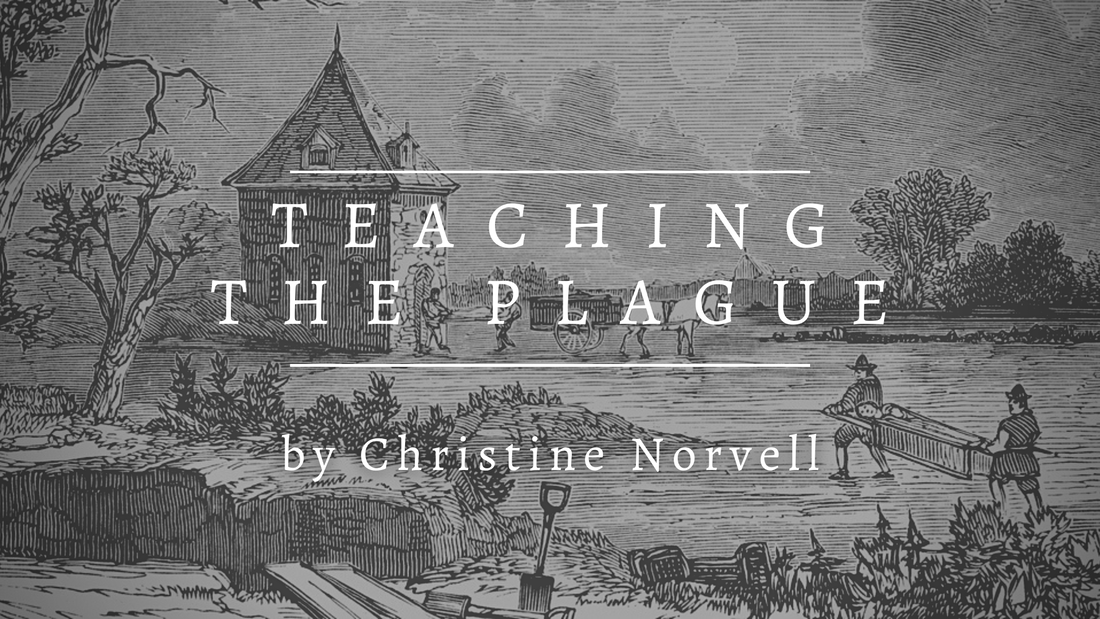|
“The truth is that nothing is less sensational than pestilence, and by reason of their very duration, great misfortunes are monotonous.” As an independent teacher, I was eager to make a curriculum shift to my World Literature class this school year. I added Albert Camus’s best-selling novel The Plague because I wondered how my students would see a fictional epidemic.
Why not use our times as a secondary context to the novel? I was not disappointed by our discussions in September. Though Oran, Algeria, is beset by plague, the novel is relatively static. It is also uniquely ahistorical. It may be set in 1947 but there are no references to World War II. Neither the Arab nor African populations of Oran are mentioned. Centuries of segregation are never described. And then there are the facts. It is not possible for a town to have sustained itself for the period of time described in the novel. Yes, the characters are realistic, but the novel is not. This unique paradigm, however, lends itself to the timelessness Camus captures. Within the bubble of Oran, Camus’s commentary as narrator allows him to describe the “portents and panic” with searing truth. As COVID broke out in March and April, The Plague, of course, was referenced and quoted repeatedly. Penguin Classics has already had to reprint it twice this year. From my class discussions, here are my top timeless quotes:
0 Comments
Your comment will be posted after it is approved.
Leave a Reply. |


 RSS Feed
RSS Feed